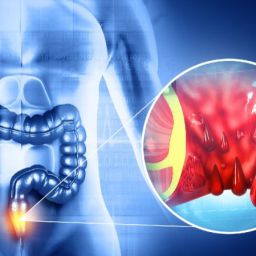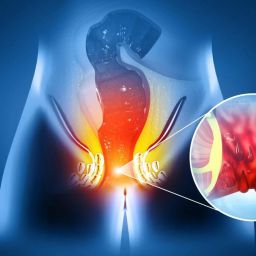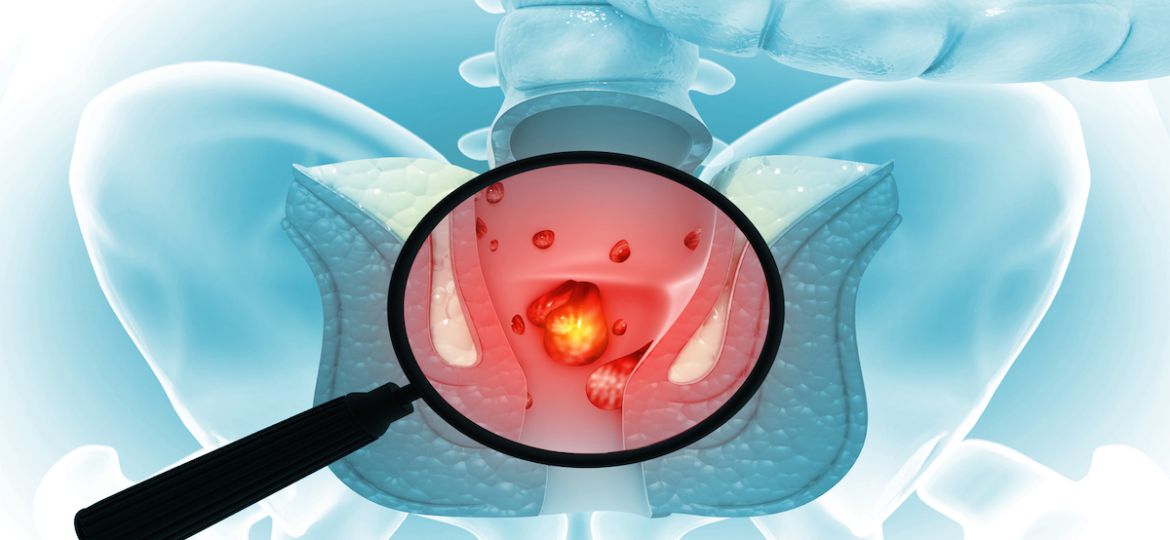
How Hemorrhoids Affect Emotional Health and Quality of Life
Hemorrhoids are a common and often misunderstood medical condition, affecting millions of people worldwide. While they are typically viewed as a physical ailment characterized by discomfort, pain, and bleeding in the anal area, the emotional and psychological impact of hemorrhoids can be just as profound. Many people who suffer from hemorrhoids face not only physical challenges but also emotional distress, which can significantly affect their overall quality of life.
In this article, we will explore the various ways hemorrhoids impact emotional health and provide insights into the connection between this condition and overall well-being. We will also discuss strategies for managing the emotional burden of hemorrhoids and improving quality of life through psychological support and lifestyle adjustments.
Understanding Hemorrhoids and Their Physical Impact
Before diving into the emotional consequences, it’s important to briefly understand what hemorrhoids are and how they affect the body. Hemorrhoids are swollen or inflamed veins in the rectum or anus, often caused by increased pressure due to factors like:
- Chronic constipation
- Prolonged sitting
- Pregnancy
- Obesity
- Straining during bowel movements
There are two types of hemorrhoids:
- Internal Hemorrhoids: These occur inside the rectum and are often painless, though they can cause bleeding.
- External Hemorrhoids: These are located around the anus and can cause pain, itching, and swelling.
In addition to physical symptoms, such as pain, itching, and bleeding, hemorrhoids can lead to chronic discomfort that affects daily activities.
The Emotional Impact of Hemorrhoids
While the physical symptoms of hemorrhoids are well-known, the emotional and psychological effects of the condition are often overlooked. The pain, embarrassment, and social isolation associated with hemorrhoids can take a significant toll on a person’s mental health and emotional well-being.
1. Anxiety and Stress
Hemorrhoids, especially when symptoms are severe or persistent, can cause significant anxiety. Individuals may worry about the pain during bowel movements, the possibility of bleeding, and the fear of the condition worsening. Stress is often triggered by these constant concerns, leading to a cycle of heightened emotional distress. The fear of flare-ups can result in:
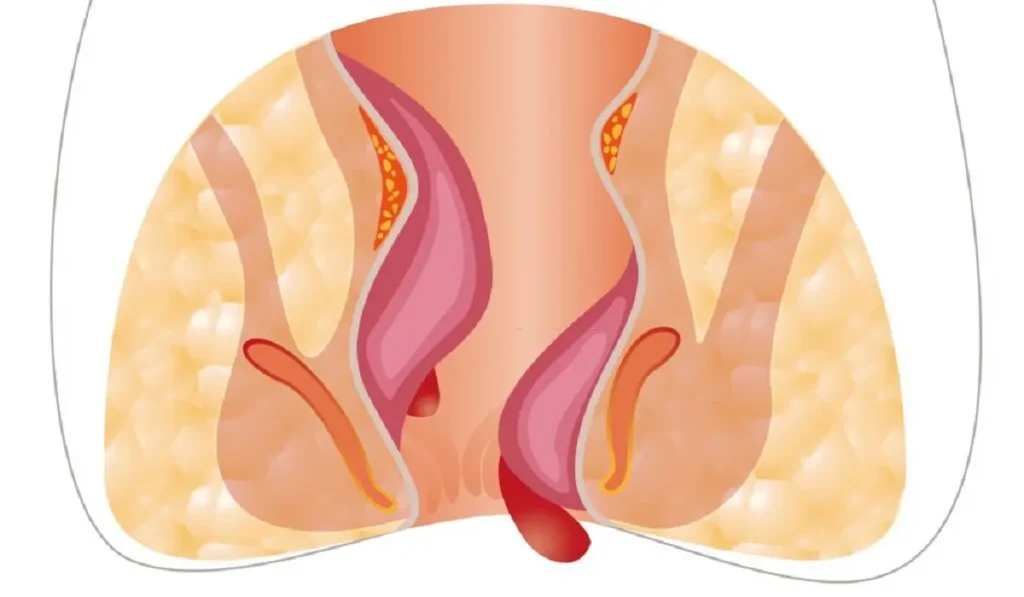
- Anticipatory Anxiety: Worrying about the next bowel movement or the possibility of bleeding during everyday activities.
- Social Anxiety: A reluctance to engage in social situations due to fears of discomfort or embarrassment.
- Stress: Chronic worry about the condition can trigger ongoing stress, leading to tension, irritability, and even depression.
2. Embarrassment and Shame
Hemorrhoids are often seen as a “taboo” topic, and people with the condition may feel embarrassed or ashamed to discuss it. This social stigma can lead to feelings of isolation, as individuals may avoid talking about their symptoms or seeking help. Embarrassment can manifest in various ways:
- Reluctance to Seek Medical Help: Fear of judgment may prevent individuals from seeking proper medical treatment or advice.
- Avoidance of Public Settings: People with hemorrhoids may avoid public places or activities like exercising, swimming, or traveling due to concerns about pain, leaks, or visible symptoms.
- Social Withdrawal: Emotional distress caused by embarrassment may lead to a reduction in social activities, further contributing to feelings of isolation.
3. Depression and Mood Swings
Living with the discomfort of hemorrhoids, particularly chronic or recurrent cases, can negatively affect one’s mood. The persistent pain and disruption to daily life may cause feelings of hopelessness or sadness, potentially leading to clinical depression. Emotional health can suffer in the following ways:
- Frustration: Chronic discomfort and limitations caused by hemorrhoids can result in frustration, especially when symptoms don’t improve despite treatment.
- Helplessness: For many, hemorrhoids seem like an ongoing issue that never fully resolves, leading to a sense of helplessness.
- Loss of Interest in Activities: People with hemorrhoids may lose interest in activities they once enjoyed, whether due to pain or the psychological toll of living with the condition.
How Hemorrhoids Impact Overall Quality of Life
The emotional and psychological challenges associated with hemorrhoids can significantly reduce an individual’s quality of life. The combination of physical pain and emotional distress may impact the following aspects of daily living:
1. Work and Productivity
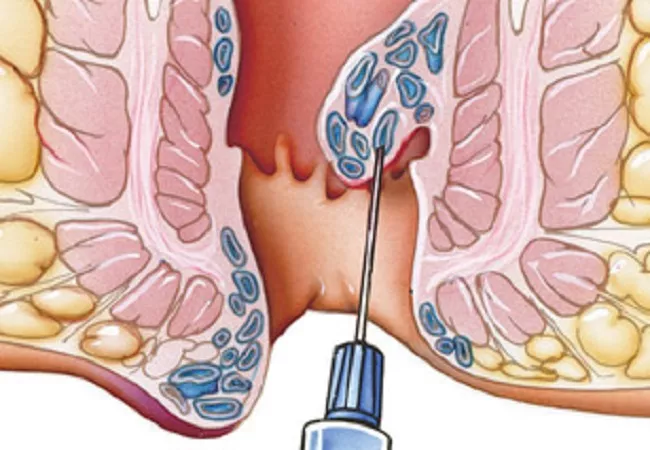
Hemorrhoids can lead to absenteeism from work due to the need to manage pain, discomfort, or doctor appointments. The condition can also interfere with focus and productivity, leading to decreased performance. Emotional health issues like anxiety or depression may worsen this effect, making it harder to stay focused on tasks or to engage in professional responsibilities.
- Reduced Work Attendance: Physical symptoms may make it difficult to sit for long periods, leading to more sick days or missed work.
- Decreased Efficiency: Chronic discomfort and emotional distress can reduce concentration and task completion.
2. Relationships and Social Life
Hemorrhoids can strain personal relationships, as individuals may feel embarrassed or uncomfortable sharing their condition with partners, family, or friends. The emotional toll of dealing with this chronic condition may cause irritability or withdrawal from social activities. The fear of worsening symptoms or embarrassment about the condition can:
- Cause Strain in Relationships: People may feel misunderstood by their partners or friends if they cannot relate to the emotional burden of the condition.
- Limit Social Interactions: Social withdrawal due to the fear of discomfort during social events can reduce one’s ability to maintain friendships or family connections.
3. Physical Activity and Exercise
Hemorrhoids can significantly impact one’s ability to engage in physical activity. Exercises like running, weightlifting, and even walking may exacerbate symptoms, particularly during flare-ups. The fear of worsening symptoms during physical activity can prevent individuals from engaging in regular exercise, which further contributes to emotional distress.
- Reduced Physical Activity: Avoiding exercise due to hemorrhoid discomfort can lead to a decrease in overall physical health.
- Limited Mobility: The pain from hemorrhoids may restrict movement, making everyday tasks more challenging.
Coping Strategies and Managing the Emotional Impact
While hemorrhoids can have a significant emotional and psychological impact, there are several strategies that can help manage the emotional burden and improve quality of life.
1. Psychological Support
Talking to a therapist or counselor about the emotional challenges of living with hemorrhoids can help individuals manage anxiety, depression, and stress. Cognitive-behavioral therapy (CBT) can be especially useful for addressing negative thought patterns related to body image, embarrassment, and chronic pain.
- Support Groups: Joining a support group or online forum for people with hemorrhoids can help individuals feel less isolated and provide a safe space to share experiences and coping strategies.
- Therapy: A licensed therapist can help individuals develop emotional coping strategies and manage feelings of anxiety and depression.
2. Effective Pain Management
Managing the physical symptoms of hemorrhoids through medication, topical treatments, and lifestyle changes can alleviate emotional distress. Over-the-counter creams, warm baths, and fiber-rich diets can help reduce inflammation and prevent flare-ups.
- Pain Relief: Using topical analgesics or anti-inflammatory medications can help reduce discomfort and prevent pain from interfering with daily activities.
- Dietary Adjustments: Increasing fiber intake and staying hydrated can help reduce constipation and prevent hemorrhoid flare-ups.
3. Open Communication
Having open and honest conversations with loved ones about hemorrhoids can reduce feelings of embarrassment and increase emotional support. Support from family and friends can help individuals feel less isolated and provide the encouragement needed to seek appropriate medical care.
- Family Support: Encouraging family members to be understanding and empathetic can ease the emotional strain caused by hemorrhoids.
- Partner Communication: Partners should be informed about the condition so they can provide emotional and physical support when necessary.
Hemorrhoids can have a profound effect on an individual’s emotional health and overall quality of life. Beyond the physical discomfort, the psychological impact can lead to anxiety, depression, social isolation, and a decrease in daily functioning. However, with the right strategies—such as seeking psychological support, managing symptoms effectively, and making healthy lifestyle choices—individuals can mitigate the emotional burden of hemorrhoids and regain a higher quality of life.

